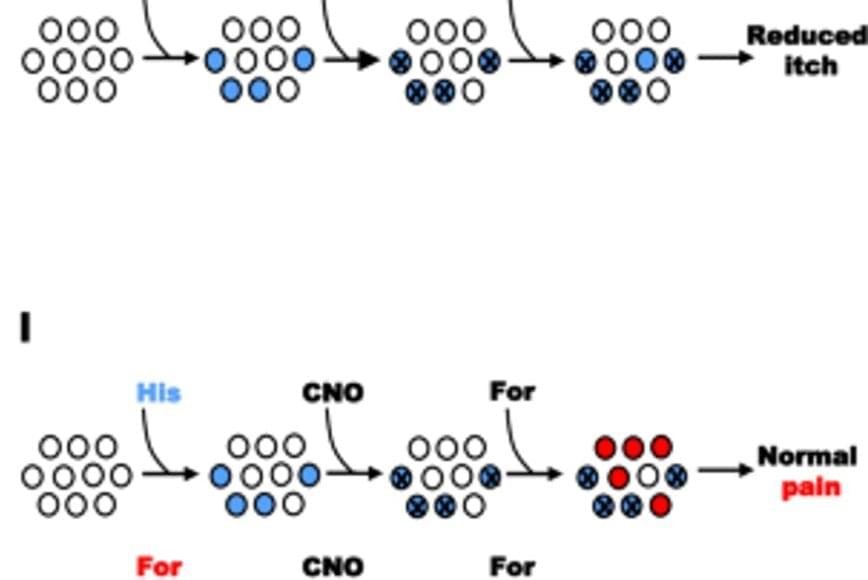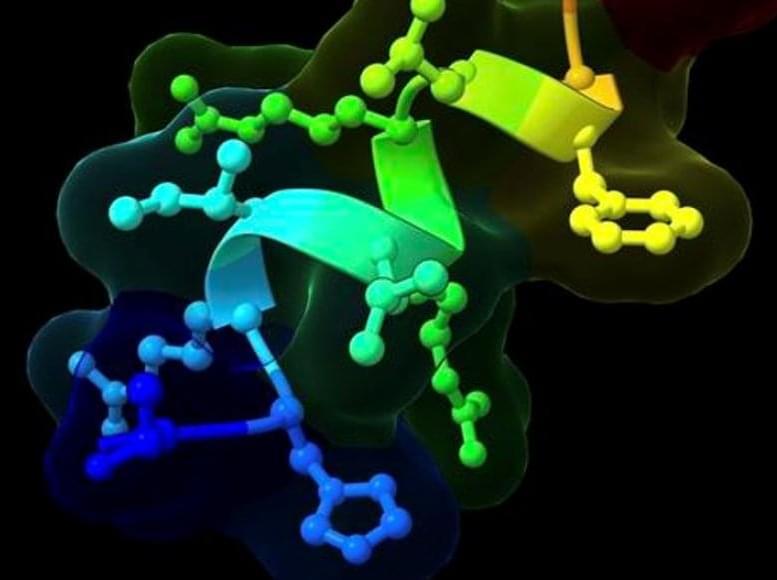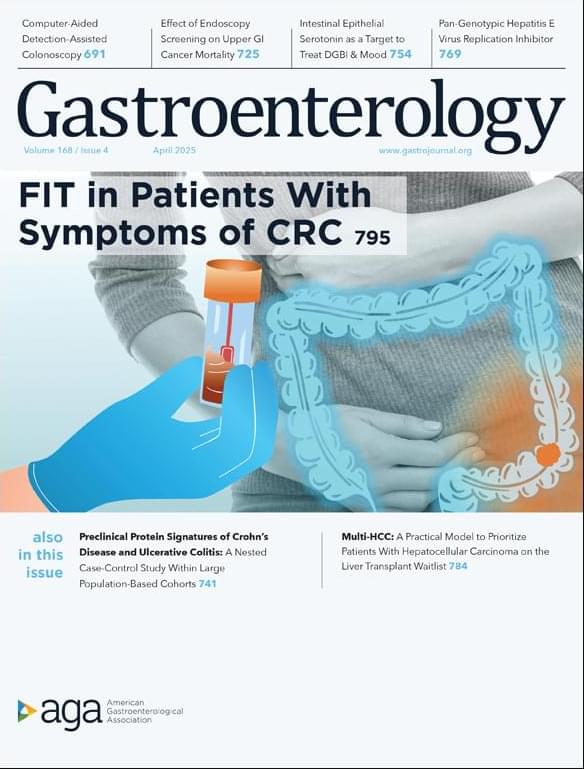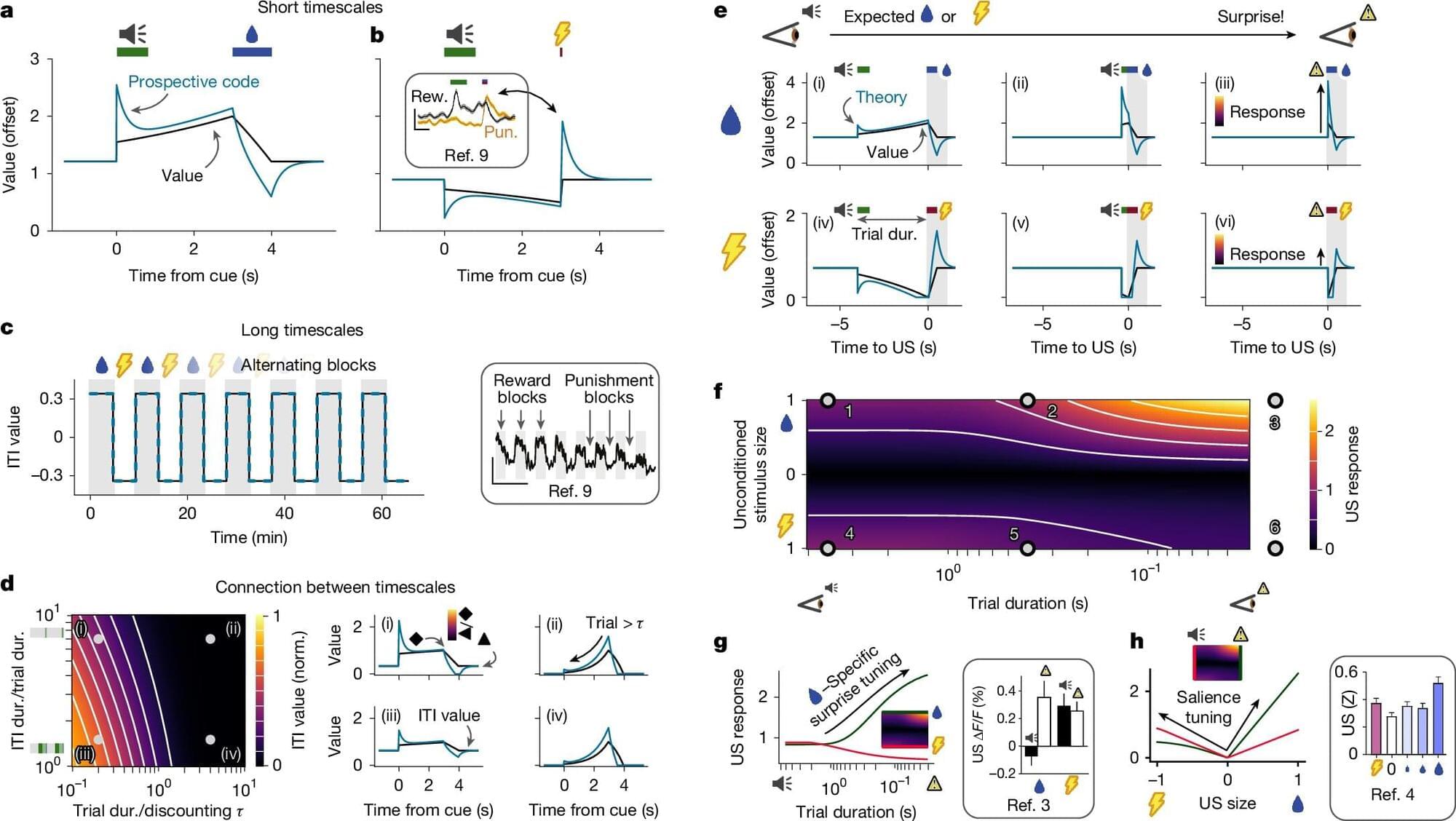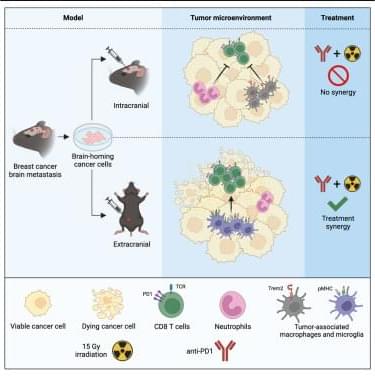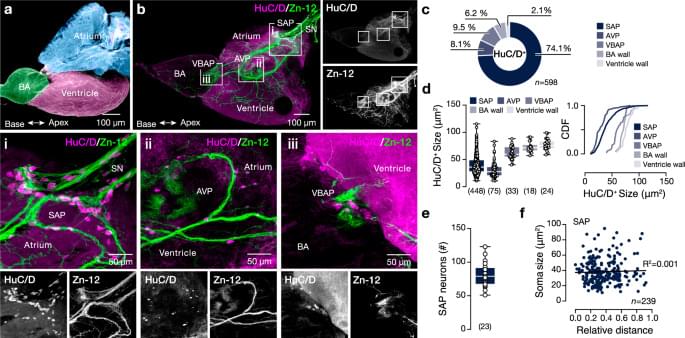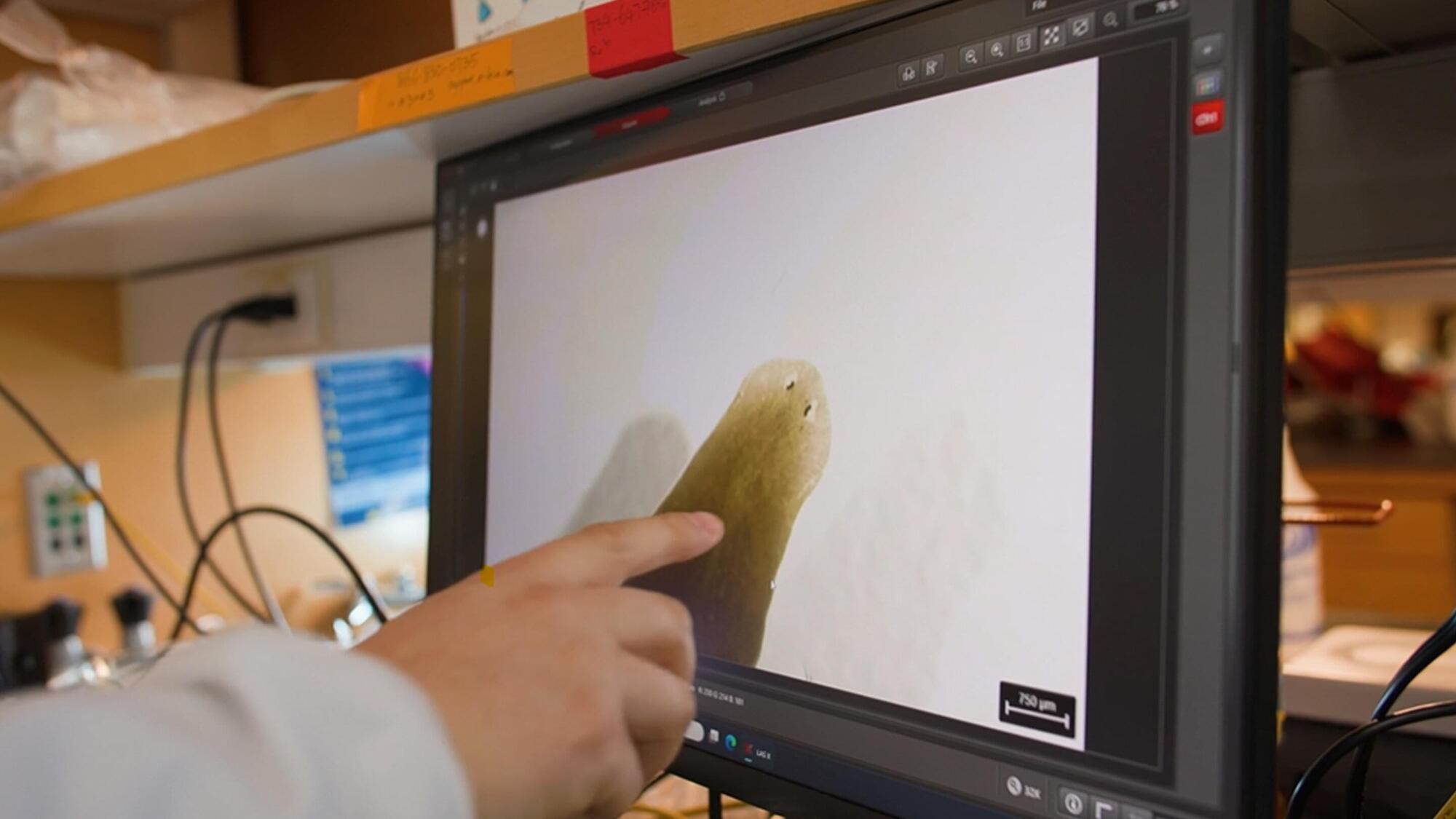1. Non-selective neurons, which respond to both pain and itch stimuli indiscriminately.
2. Stimulus-specific neurons, which were selectively activated by either pain or itch stimuli.
Furthermore, using the dual-eGRASP technique—an advanced synaptic analysis method the research team discovered that stimulus-specific neurons in the ACC receive distinct synaptic inputs from the mediodorsal thalamus (MD). This finding indicates that pain and itch are processed by independent neuronal populations within the ACC, which receive differentiated synaptic inputs, providing fundamental insights into the neural mechanisms of pain and itch processing.
To further confirm the role of these neurons, the team used chemogenetic techniques to selectively deactivate either pain-specific or itch-specific neurons. The results showed suppressing pain neurons reduced pain perception without affecting itch, and vice versa. This discovery suggests that these neurons play a direct role in shaping how we experience pain and itch.
A research team have uncovered the neural mechanisms underlying the processing of pain and itch in the anterior cingulate cortex (ACC). This study provides new insights into how the brain distinguishes between these two distinct sensory experiences.
Pain and itch are both unpleasant sensations, but they trigger different responses—pain often prompts withdrawal, while itching leads to scratching. Until now, scientists have struggled to understand how the brain processes these sensations separately, as they share overlapping neural pathways from the spinal cord to the brain.
